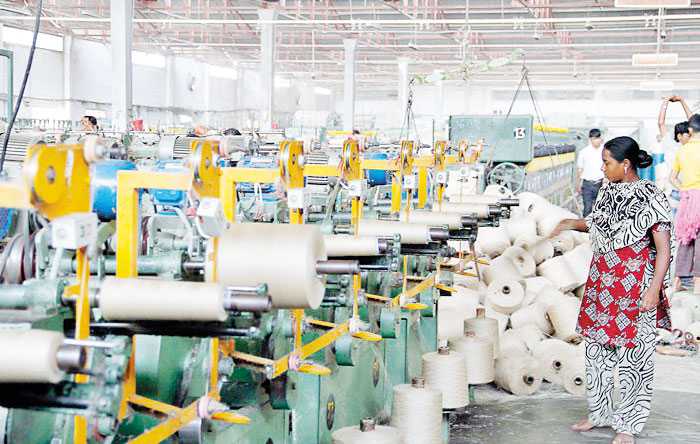Jute may make turnaround: Golden fibre emerges due to 2nd greatest export earner

Image collected
In the just concluded fiscal year 2019-20, Bangladesh merchandise exports declined by 16.93% to $33.67 billion
While important export items are struggling to survive the economic hit of the brand new virus, jute and jute goods are the exception as it published an 8.10% rise to $882.35 million in FY20.
In the just concluded fiscal year 2019-20, Bangladesh merchandise exports declined by 16.93% to $33.67 billion, in line with the info of the Export Advertising Bureau (EPB).
Of the quantity, raw jute earned $130 million, up 15.48% from go on year’s export receipts. Jute yarn and twine, the major contributor to the sector, fetched $564.26 million, publishing a 10.12% growth compared to the previous fiscal year.
Alternatively, jute sack and bags observed a 28.58% surge to $106.54 million in the just concluded fiscal year.
Since the export earnings from natural leather and natural leather goods this time around registered a 21.79% fall to $798 million, the jute and jute goods sector has emerged as the next largest export earner following the RMG sector.
Talking on the efficiency of jute and jute items export, sector people attributed the rise to the enhanced global demands, better rates, and upgradation of machinery by the private sector.
“With the growing pressures from the environmentalists on the impact of global warming, demands for green goods keep rising gradually in america and other EU market segments,” Md Rashedul Karim Munna, managing director of Creation Individual Limited, a jute goods supplier, told Dhaka Tribune.
However, local makers adapted upgraded technology to meet up the requirement of buyers, which helped exporting considerably more environment-friendly jute goods, said Munna.
Besides, diversified jute things are another windowpane, which earned better prices as persons are increasingly working with these items to decorate their homes, he maintained.
Private sector welcomes government decision
On Thursday, the federal government made a decision to shut its 25 state-owned jute mills beneath the Bangladesh Jute Mills Company (BJMC).
Private sector people have welcomed the federal government decision.
“The global require for jute and jute products are better than it was during the past. The costs are also much better than those of previous times. Despite the crisis period because of Covid-19, exports from the sector fared far better,” Md. Zahid Miah, Director of Jobaida Karim Jute Mills explained.
“We welcome the federal government decision of shutting down the mills as the federal government has plans to make the mills vibrant through the private public partnership(PPP) initiative,” stated Zahid.
“Amid the coronavirus crisis, the go up in export revenue from the jute and jute merchandise is an exceptionally shiny prospect. Exclusive sector has enjoyed an important role to the end,” Centre for Insurance policy Dialogue (CPD) Research Director Khondaker Golam Moiazzem stated.
Because the government has decided to shut its mills, the jute sector will survive with dominance in the global export market segments through exclusive sector people, hoped the economist.
Source: https://www.dhakatribune.com